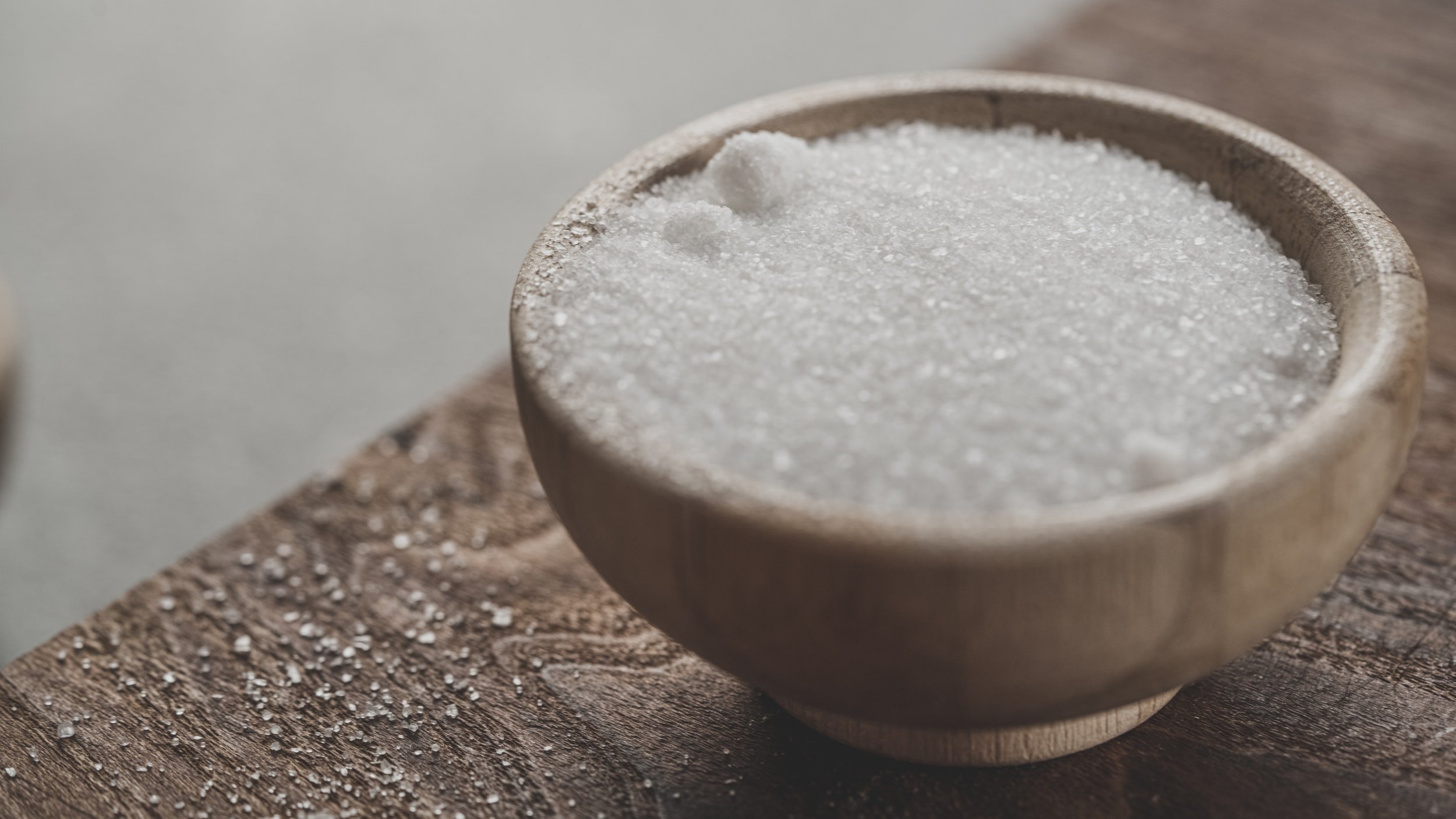In the quest to find the ultimate sugar replacement, sugar alcohols, a kind of low-digestible carbohydrate similar to fiber and resistant starch, were theorized as a safe, effective alternative to sugar. Unlike sugar and high-fructose corn syrup (HFCS) sugar alcohols like xylitol, sorbitol, and erythritol are sweet compounds that can’t be completely absorbed, reducing their Glycemic Index score to just 7% that of white sugar.
These sweeteners differ from artificial ones like aspartame in that they do have some calories, meaning humans can digest them and in so doing trigger the appropriate mental and hormonal responses that prevent overeating.
Normally produced from the leftover cellulose biomass from wheat, corn, or rice production, xylitol, the most well-studied of the sugar alcohol sweeteners, has a robust body of evidence suggesting that, as well as offering a sweetener alternative in baking and other recipes, actually cleans your teeth—better than fluoride.
Safety investigations into the consumption of xylitol have been few, but thorough and promising. In one study, 35 participants consumed xylitol as their primary dietary sweetener for two years, with daily intakes often reaching and well-exceeding 100 grams. Gastrointestinal issues were the only reported mal-effect but even these dissipated after the first few months.
The GI issues were not scary or permanent, but simply a reaction to the fermentation required to digest the large amounts of sugar alcohols. Like dietary fiber, water is pulled into the large intestine during the breakdown of the food, resulting in bloating, diarrhea, or exacerbated symptoms of IBS.
One meta-analysis found that up to 30 grams per day could be eaten without any GI issues, but consuming xylitol generally required a lengthy adaptation period. Other low-digestible carbohydrate sugar alcohols are tolerated far better; erythritol for example, was found to be consumable without issue up to 1 gram per kilogram of body weight.
But erythritol and xylitol have another party trick, which is that they are sugars that clean your teeth.




